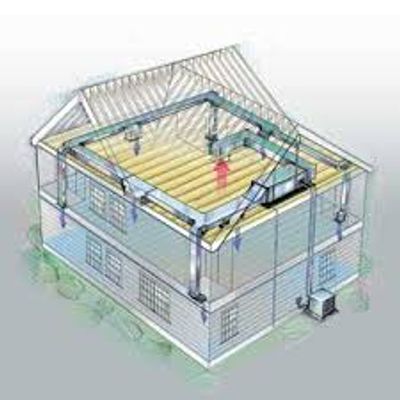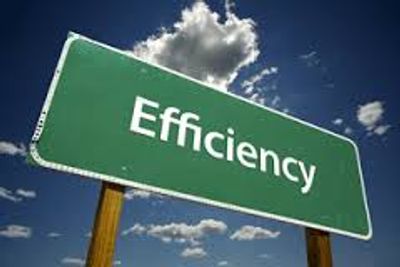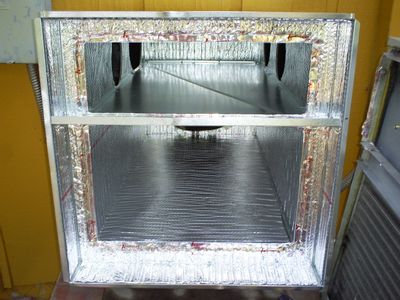6205 Enterprise Dr., Suite A Diamond Springs, CA 95619

Q. I have a 2-story home and it is always to hot upstairs. Is there anything I can do?
(Variation: One side/room of my house is always hot/cold.)
A. With unique zone design and relocation of air distribution and controls, not only can we get you feeling comfortable in your home; we can save you money on your energy bills in the process.
Q. Can I move my noisy AC unit somewhere else on my property?
A. Of course you can. It’s a fairly easy process to move your unit, electrical lines, and refrigeration lines.

Q. Can I convert my heat pump to gas?
A. No. it will need to be replaced.
Q. What is a heater tune-up?
A. A heater tune-up is essentially the same thing as performing maintenance on your heater.
Q. What is SEER?
A. SEER stands for seasonal energy efficiency ratio. SEER ratings describe the efficiency of air conditioning systems. Systems that are ten to fifteen years old may range between 6.0 to 10.00 SEER, while new systems can see ratings as high as 18.00 SEER. Because high SEER ratings equate to higher energy efficiency, you can reduce your energy costs by upgrading your system to one with a higher SEER rating.

Q. How long should my air conditioner last?
A. The average life of the compressor is about 12 years; however, in the past few years, dramatic advancements in air conditioning technology have been made that reduce the use of electricity. These new units are more efficient at exchanging heat, and they can cool the same size home while running less. This improves the comfort of the home and reduces the impact on the environment.
Q. Do you perform air duct cleaning?
A. No. If your ducts are excessively dirty, it’s time to replace them with higher efficiency ducting.
Q. My home is always dusty. What can you do?
A. Get to the root of the problem. Seal all leaky ducting, and then add indoor air quality filtration.